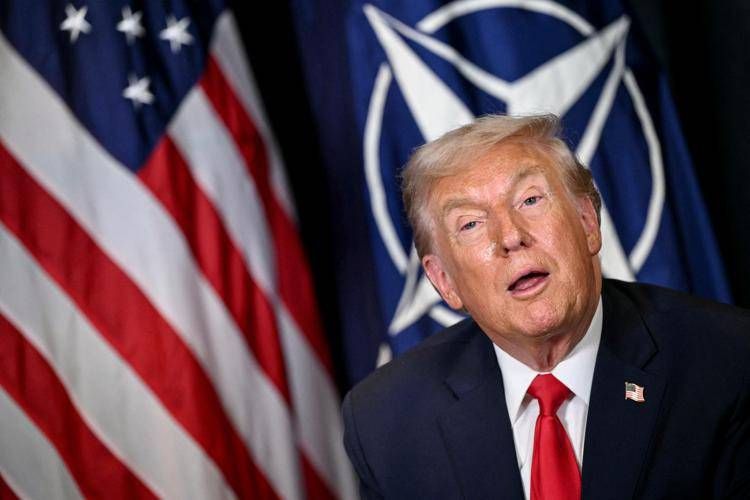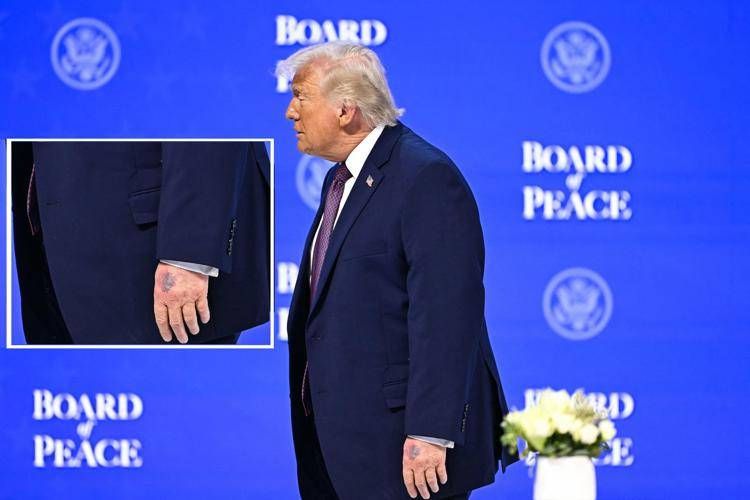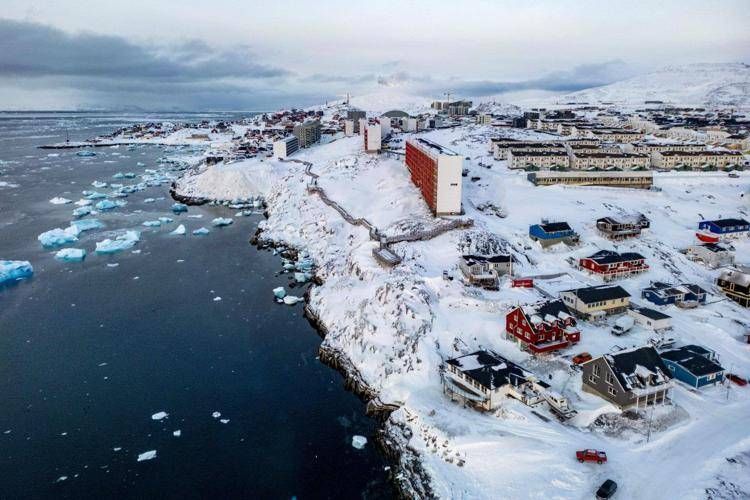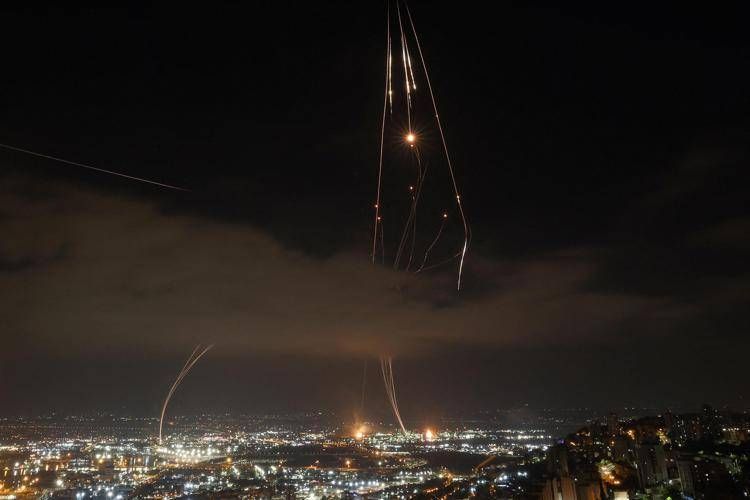
Israel-Iran Conflict Could Last Weeks, Not Days, Say Analysts
-


Alberto Trentini e Mario Burlò sono in Italia dopo la liberazione VIDEO
-
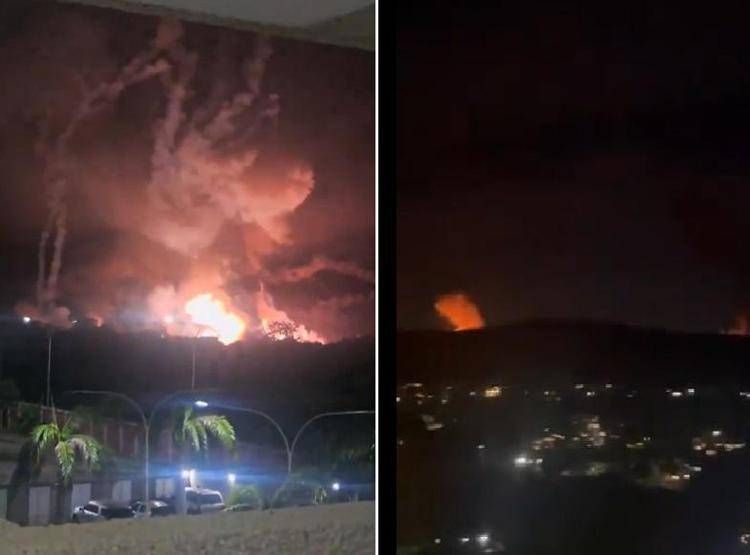

Overnight explosions in Caracas hit military area, widespread power outages reported VIDEO
-


Attacco Usa in Nigeria contro l’Isis, Trump: “Risposta al massacro di cristiani” VIDEO
-
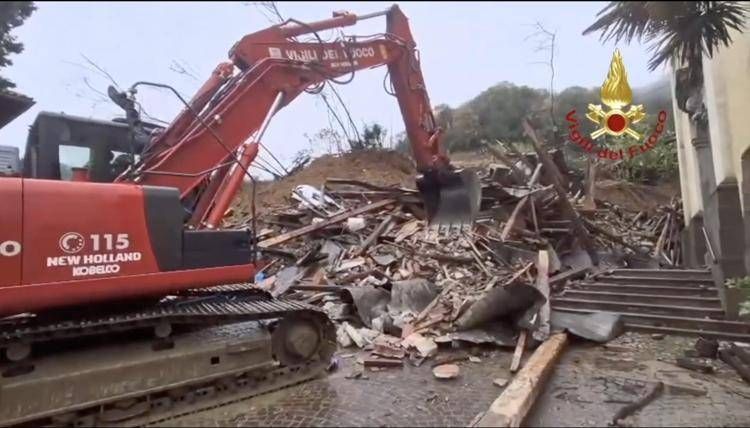

Frana a Cormons: disperso un giovane e un’anziana sotto le macerie VIDEO
Israeli officials and Middle East experts suggest the military operation may stretch into weeks as Israel targets Iran’s nuclear infrastructure to force a diplomatic resolution
How long will the Israel-Iran conflict last? According to a senior Israeli official quoted by The Times of Israel, the ongoing military campaign may extend for two to three weeks, depending on strategic decisions made by Israel’s political leadership. “There is a set of military targets we can hit quickly,” the official said, noting that a broader campaign involving symbolic, governmental, or economic infrastructure would take longer. The ultimate goal, he emphasized, is “to inflict enough damage to bring Iran back to diplomacy and secure a stronger nuclear agreement.”
This estimate is echoed by Daniel B. Shapiro, former U.S. State Department official for Middle East affairs and now a fellow at the Atlantic Council. “We’re looking at weeks, not days,” Shapiro said, indicating that the hostilities could drag on well beyond initial expectations following Israel’s strikes on Iranian nuclear and military sites and Tehran’s retaliatory actions.
As the New York Times highlights, past confrontations between the two nations were usually short-lived, ending within hours. But since Israeli operations began last Friday, both sides appear committed to continuing their military efforts for as long as necessary. This marks a significant shift in posture.
Israel has already struck Iran’s primary uranium enrichment facility at Natanz. However, the NYT reports that the Israeli military lacks the American-made “bunker buster” bombs needed to destroy deeply buried sites like the one in Fordo. Israel is now targeting other critical assets, hoping that pressure alone will force Tehran to halt operations at Fordo—destruction of which would require U.S. military capabilities.
“Israel will press on, one way or another, until Iran no longer has enrichment capabilities,” Shapiro said. He added that failing to neutralize that threat would amount to a failed campaign for Israel. Yet, capitulation by Tehran appears unlikely. “I see no signs Iran is ready to give in,” Sanam Vakil of Chatham House told the NYT. “They’re focused on survival, inflicting damage, and proving their resilience.”
The duration of the conflict may ultimately hinge on the United States. “It will end when Trump decides it’s time,” said Yoel Guzansky of Tel Aviv’s Institute for National Security Studies. “And that will happen only when he believes Iran is ready to compromise.” For now, however, such a shift appears distant.
THE LATEST NEWS
(Photo: © AndKronos)
-

 In Evidenza6 ore ago
In Evidenza6 ore agoIncidente ferroviario in Spagna, una rotaia rotta tra le cause della strage
-

 Criticart8 ore ago
Criticart8 ore agoFunerali di Valentino Garavani a Roma, l’ultimo saluto del mondo
-

 Flash14 ore ago
Flash14 ore agoVinci, identificato il corpo carbonizzato: è un giovane di 23 anni
-

 News12 ore ago
News12 ore agoTreni cancellati e modificati il 24 e 25 gennaio: disagi su tutta Italia



